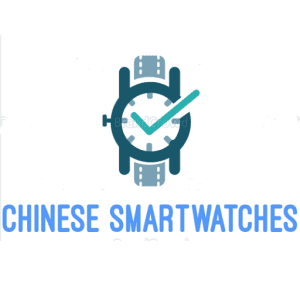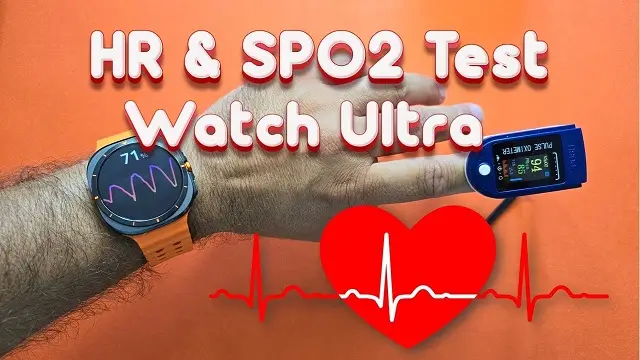Samsung’s Galaxy Watch 7 series may have faced some initial challenges, but the company is determined to prove its worth as a reliable fitness companion. To bolster its claims, Samsung collaborated with the University of Michigan’s Human Performance & Sport Science Center to rigorously test the watch’s fitness tracking capabilities.
Heart Rate Tracking: A Solid Performer
One of the most crucial metrics for any fitness tracker is heart rate monitoring. The Galaxy Watch 7 demonstrated impressive accuracy in this regard, showing a 90% correlation with ECG equipment. This suggests that you can rely on the watch to provide accurate heart rate readings during your workouts.
Sweat Loss Measurement: A Sweat-Inducing Accuracy
Another important aspect of fitness tracking is monitoring sweat loss. The Galaxy Watch 7 excelled in this area, achieving a 95% correlation with professional devices across various distances. Whether you’re running a short sprint or a long marathon, the watch can accurately gauge your sweat loss.
VO2 Max: A Decent Approximation
VO2 Max, a measure of oxygen consumption during exercise, is a valuable indicator of overall fitness. While the Galaxy Watch 7’s readings showed an 82% correlation with clinical equipment, it’s still a respectable level of accuracy.
Body Fat Percentage: A Precise Measurement
One of the most impressive findings from the study was the Galaxy Watch 7’s ability to accurately measure body fat percentage. The watch achieved a 95% correlation with DEXA scans, a gold standard for body composition analysis.
Conclusion: A Reliable Fitness Companion
Overall, the Samsung Galaxy Watch 7’s performance in the University of Michigan study demonstrates its potential as a reliable fitness tracker. While it may not be perfect in every metric, it offers accurate readings for key health indicators like heart rate, sweat loss, VO2 Max, and body fat percentage.
Source: Samsung




